Jasmin A. Young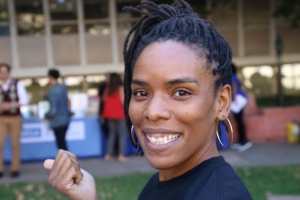 is currently a University of California President’s Postdoctoral Fellow at UCLA in the Department of African American Studies. As a historian, her research focuses on African American history, 20th Century U.S. History, and gender studies. She specializes in African American women’s history, social movements, and the Black radical tradition.
is currently a University of California President’s Postdoctoral Fellow at UCLA in the Department of African American Studies. As a historian, her research focuses on African American history, 20th Century U.S. History, and gender studies. She specializes in African American women’s history, social movements, and the Black radical tradition.
Originally from Los Angeles, Jasmin Young began her academic career at California State University, Northridge. After graduation, she moved to NYC to attend Columbia University where she received her Masters in African American Studies and worked with the late Dr. Manning Marable. With a desire to ground herself in gender theories, Dr. Young moved to the UK to study at the London School of Economics and Political Science (LSE), earning a second Masters of Science from the Gender Institute.
In 2018, Dr. Young graduated with a Ph.D. in History from Rutgers, The State University of New Jersey. Her dissertation, “Black Women with Guns: A Historical Analysis of Armed Resistance 1892-1979,” offers a long history of women’s political engagement with Black militant activism from the Reconstruction to the Black Power era.
She is developing her book manuscript, Black Women with Guns: Armed Resistance in the Black Freedom Struggle, which is the first intellectual and social history of Black women’s use of armed resistance as a tool to achieve freedom in post–World War II America. While historical studies have assumed armed resistance was a male prerogative, she makes a significant intervention in the historiography by recovering a history of Black women who engaged in and advocated armed resistance from 1955-1979. Using archival research and gender theories, the book argues that Black women increasingly politicized armed resistance, both in theory and in practice, as the Black Freedom Movement shifted its objectives from integration to self-determination. Ultimately, Black Women with Guns broadens our understanding of the Black freedom struggle by expanding what we regard as political thought and action. It also reveals a more multifaceted struggle whose objectives and strategies were continually contested and evolving.
She presented her research to a packed house at UCLA’s Black Forum this past year where she fielded questions and led a great discussion on the intersection of state violence resistance and Radical Black Feminism. Dr. Young has presented her work at various national conferences including the Organization of American Historians. Her work has garnered general public attention and has been featured in the media. You can listen to her interview for the Black Agenda Report with Glen Ford HERE. She was also the historical consultant and writer for a documentary entitled, “Tracking Ida.”
Dr. Young is regarded as a rising junior scholar with cutting-edge research that connects the historical and contemporary understanding and contributions of Black Feminism. Many have attested to her accomplishments and many are eager to read her book when published. For example, fellow scholars at UCLA have said, “Jasmin’s intellectual maturity and complete dedication to research are among her most salient qualities. I was particularly impressed by how she theorized on Malcolm X’s intellectual development as influenced by the Detroit activist community, as well as when she investigated the contradictions of hyper-visibility and invisibility of Black women transnationally in hip-hop culture.”
She has been a great scholar to have in UCLA’s African American Studies Department as well as across campus. Dr. Young’s research reflects the caliber and innovation UCLA offers students, faculty, and the broader community.

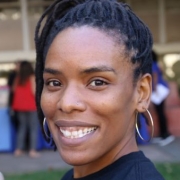
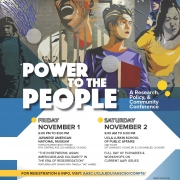
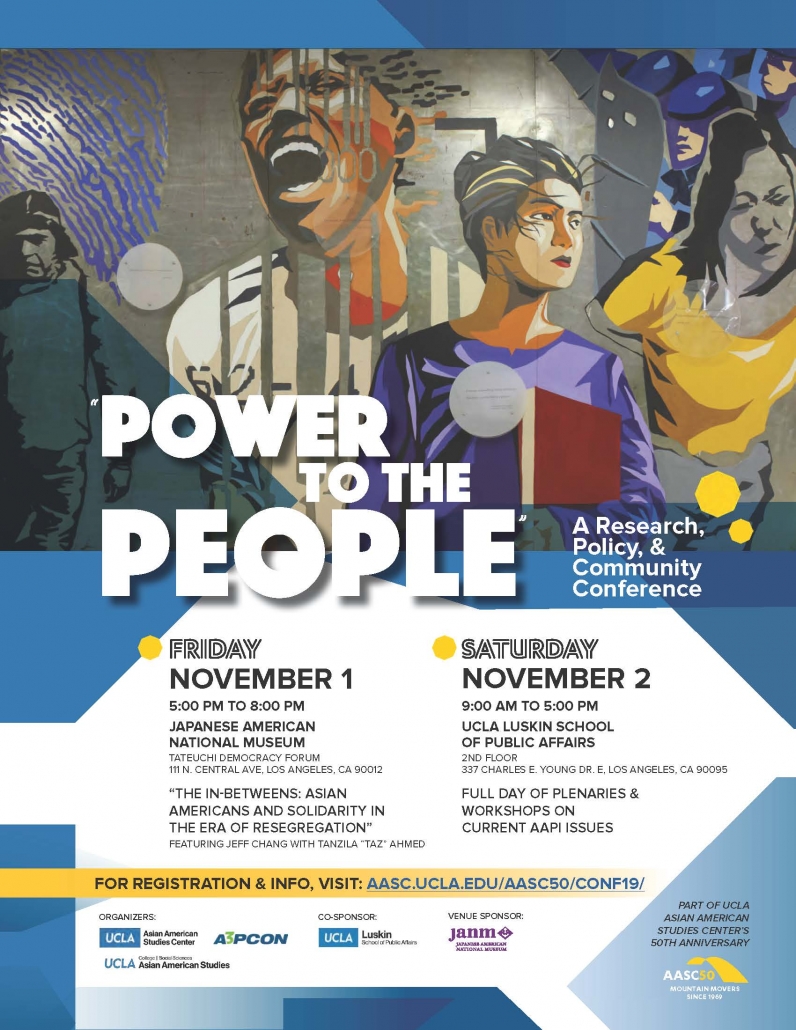
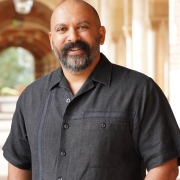
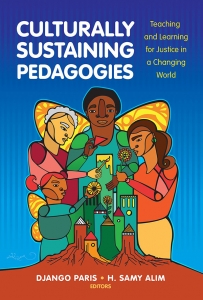 The grant extends the conceptual and empirical work shared in their highly influential volume,
The grant extends the conceptual and empirical work shared in their highly influential volume, 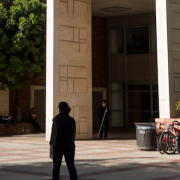
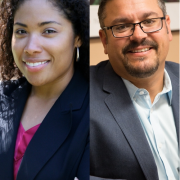
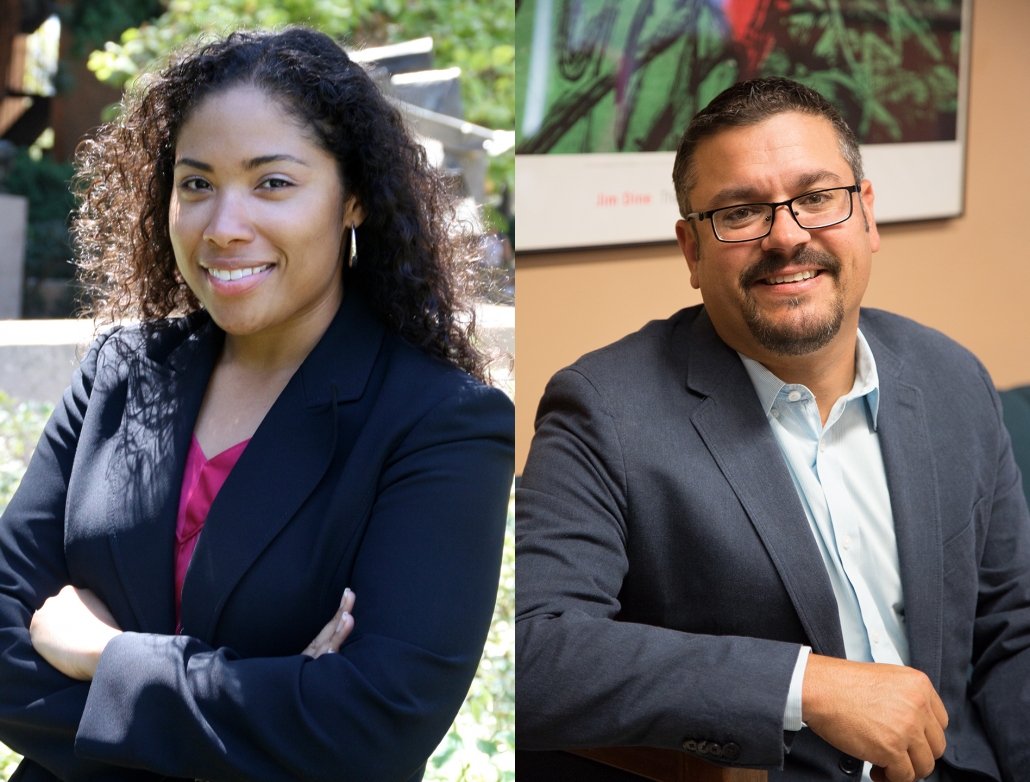
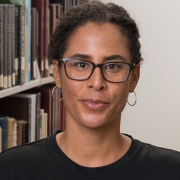
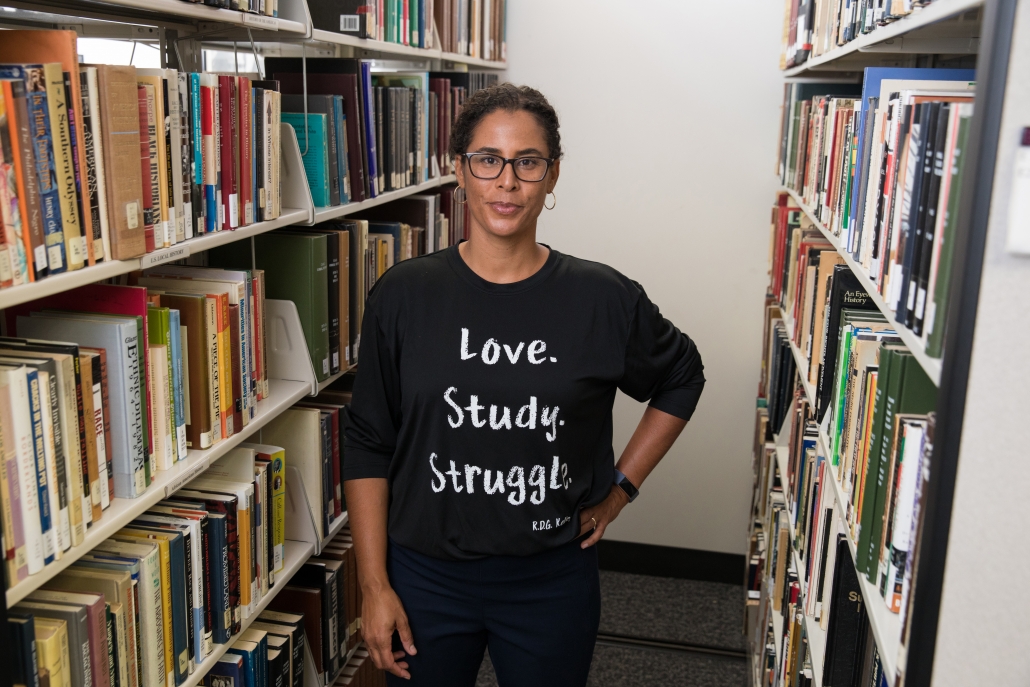
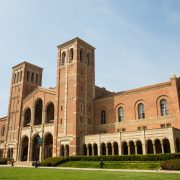
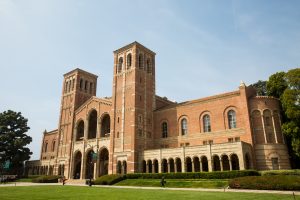 The Bedari Foundation, established by philanthropists Jennifer and Matthew C. Harris, has given $20 million to the
The Bedari Foundation, established by philanthropists Jennifer and Matthew C. Harris, has given $20 million to the 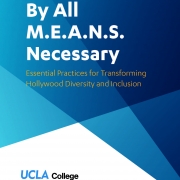

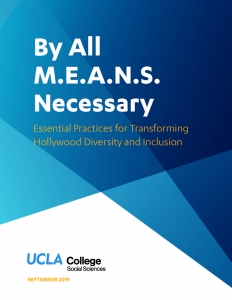

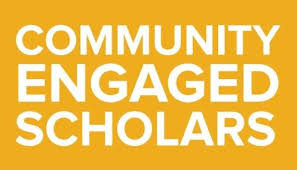 Six new UCLA ladder faculty members were presented with the inaugural
Six new UCLA ladder faculty members were presented with the inaugural 

